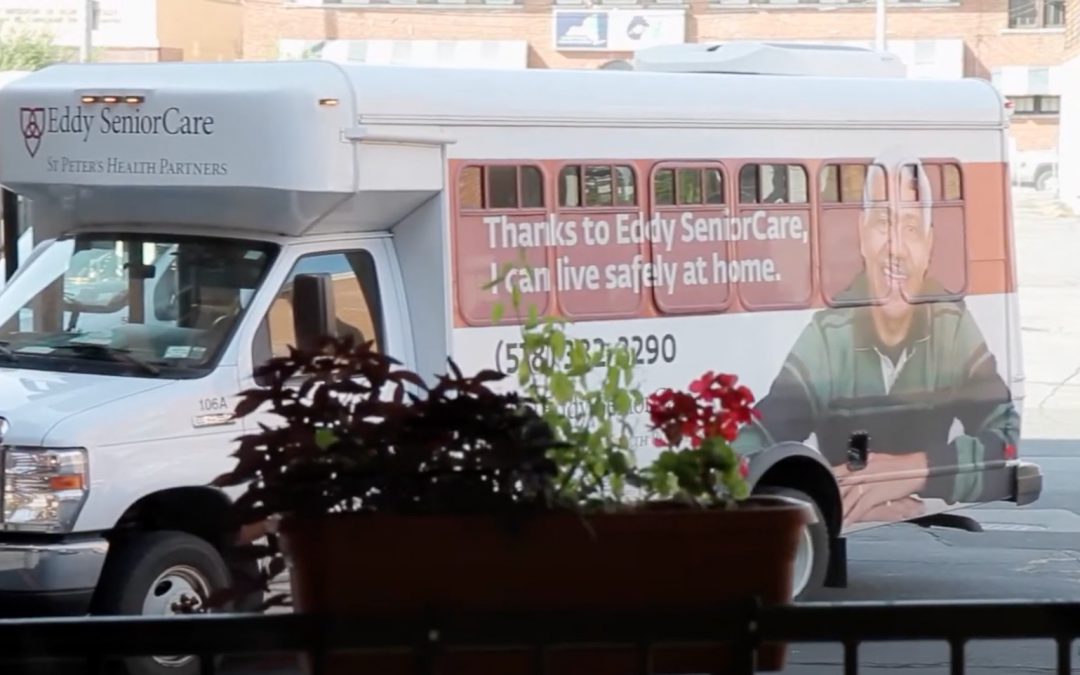A new effort to tackle the long-standing social isolation and loneliness problems that older adults, people with disabilities and veterans often experience, which has worsened during the coronavirus pandemic, has been launched.
It’s called the MENTAL Health Challenge, being started by the Administration for Community Living, part of the Department of Health and Human Services. The goal is to develop a software platform allowing individuals to access the right solutions for them, after discovering that few seem to know what local programs are available to help them.
“More people are suffering because more people are homebound,” said Kelly Cronin, the deputy administrator of Center for Innovation and Partnership at ACL. “It has more to do with the guidelines that are being reinforced at a federal, state and community level about social distancing. It’s those guidelines that are further isolating people.”
The MENTAL Health Challenge seeks an easy-to-use online system to aggregate different technology, as well as low-tech and no-tech options, that can help users connect to others and engage in the community. The winning system will be announced and demonstrated in January 2021 at CES, an annual trade show produced by the Consumer Technology Association.
More than 40 percent of seniors regularly experience loneliness, according to a study by the University of California, San Francisco. Loneliness increases the likelihood of mortality by 26 percent and lacking social connections is as damaging to health as smoking 15 cigarettes a day, according to a PLOS Medicine study.
The Administration for Community Living has been working to combat these problems long before the pandemic.
“We often have great ideas and we know there are big needs,” said Ann Mosher, an ACL public affairs official. “But without Congress saying that is a priority and here’s the money for it, we can’t divert funding from one thing to another.”
There are many community-based programs and local efforts underway to address senior social isolation. St. Peter’s Health Partners has launched Eddy SeniorCare, the Capital Region’s only Program of All-inclusive Care for the Elderly(PACE), to support seniors, offering medical care, home health care, therapy and other support service. The day center has been closed since March because of the pandemic, but clients are still trying to accompany older adults by “doing visits, checking in, giving them activity sheets, trying to do activities over there broadcast channels and having the conference calls,” said Susan Conlon, the Day Center Manager of Eddy SeniorCare.
One of the activities they offer now is bingo through conference calls. They mailed everyone a bingo card and set up a conference line for them to call and play twice a day. They also arrange group or individual phone conversations with the seniors, talking about the latest current events including COVID-19 and the protest marches.
“They are anxious. If they’re not talking about it, it’s kind of stuck in their head,” said Karen Bona, day center manager. “Having the opportunity to express their reactions to the world around them alleviates some of their negative emotions, like anxiety.”
However, the ACL research found out that not many people know about the solutions offered by their local hospitals or communities, Cronin said.
“The purpose of Challenge is to create sort of one-stop shop thing,” said Mosher.
Conlon said they must consider the seniors suffering from age-related hearing loss or vision loss when using technology.
“Online is something that we can definitely look into in the future,” said Conlon. “For right now, I think the phone has been working pretty good.”
The key element of the MENTAL Health Challenge is individual. Cronin clarified that they will not develop a technology-driven system, but a person-centered one. No one can get a solution that is right for everybody because every older adult has different needs, interests and capabilities. Thus, they will apply technology to understand the users and match their profile to the right solution.
“I think this is about customizing to what matters most for the individual, making sure that they do get connected,” Cronin said.


